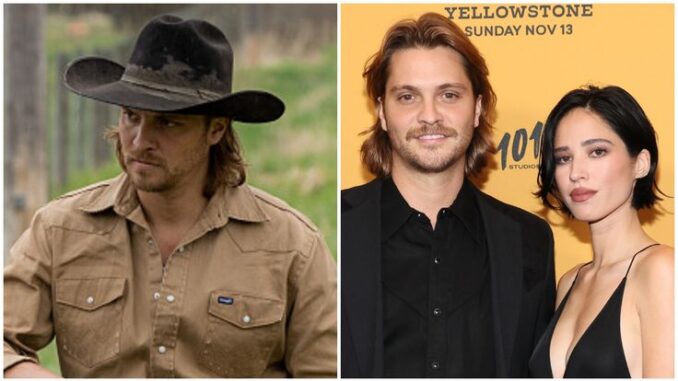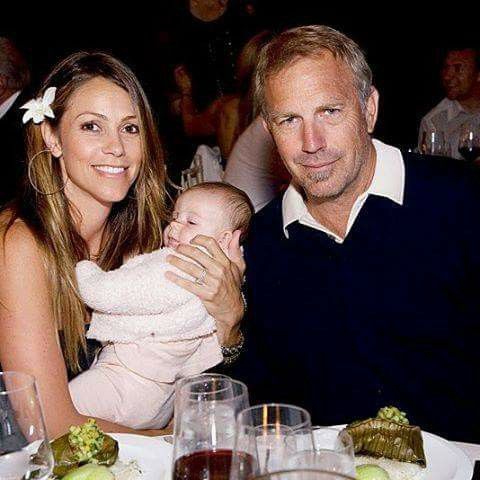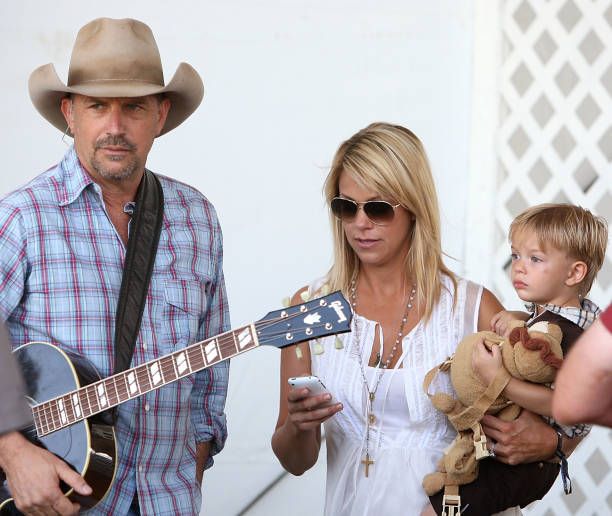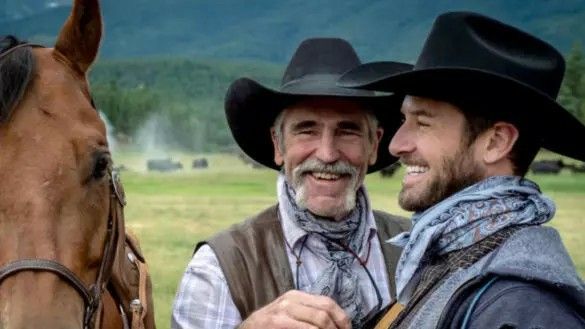
Western dramas have seen a major resurgence in recent years, and if you’re a fan of Taylor Sheridan’s Yellowstone, you know how much it’s captivated audiences with its raw, gripping storytelling and stunning landscapes. But before Yellowstone stormed the scene and reshaped modern western TV, there was another HBO show quietly earning its place as the best Western on television. So, what was this show, and why does it deserve a spot in the spotlight? Let’s saddle up and explore the Western gem that came before Yellowstone.

The Western Revival: How TV Got Its Groove Back
Western shows aren’t just old-fashioned cowboy tales anymore. They’ve evolved into deeply complex stories about family, power, survival, and the rugged beauty of the American frontier. The genre took a pause but exploded back with characters that felt real and settings that drew us in. Yellowstone nailed this formula, but before it, HBO was already onto something special.
The Show That Stole the Western Crown: Deadwood
Before Yellowstone had its day, HBO’s Deadwood was the undisputed king of modern Western TV. Premiering in 2004, Deadwood blended brutal realism with poetic dialogue and unforgettable characters to tell the story of a lawless mining town in South Dakota during the 1870s. It wasn’t just another cowboy show—it was gritty, raw, and downright poetic.
Why Deadwood Was a Game-Changer
Deadwood redefined what a Western could be. Instead of glossy, black-and-white morality tales, it presented morally ambiguous characters who were as foul-mouthed as they were complex. The writing, by David Milch, was layered with Shakespearean intensity, mixing brutal violence with eloquent speeches that you won’t forget.
Unpacking the Themes: Power, Corruption, and Community
The heart of Deadwood lies in its exploration of power struggles, corruption, and the birth of civilization in a wild town. The show doesn’t shy away from the dark side of humanity but also highlights moments of unexpected kindness and community building.
The Cast That Made Deadwood Unforgettable
From Ian McShane’s cunning Al Swearengen to Timothy Olyphant’s principled Seth Bullock, Deadwood boasted an ensemble cast that brought the Old West to vivid life. These characters weren’t heroes or villains in the traditional sense—they were flawed, relatable, and fascinating.
Why The Performances Still Stand Out
The actors brought raw emotion and intensity, often delivering their lines with such force that you could feel the tension crackling on screen. It’s the kind of acting that sticks with you long after the credits roll.
Visual Storytelling: The Wild West as You’ve Never Seen It
One of Deadwood’s biggest strengths was its attention to detail. The set design, costumes, and cinematography pulled viewers into a dusty, dangerous world where every corner hid a secret.
From Gritty Streets to Sweeping Landscapes
Unlike the polished backdrops of many Westerns, Deadwood showed a world that was rough around the edges—just like its characters. The visual style perfectly complemented the story’s dark tone.
Comparing Deadwood to Yellowstone: The Old vs. New West
While Deadwood focused on the lawless, chaotic birth of a frontier town, Yellowstone explores the contemporary struggles of a modern ranching family fighting for their legacy. Both shows share themes of power, loyalty, and survival, but their styles couldn’t be more different.
Modern Western vs. Classic Western
Yellowstone leans into the sprawling beauty of Montana’s landscapes and family drama, while Deadwood dwells in the claustrophobic tension of a crowded, violent mining camp. Each show reflects the era it depicts—Deadwood the gritty 19th century, Yellowstone the high-stakes 21st century.
Why Deadwood Deserves More Praise Today

Despite its critical acclaim, Deadwood ended prematurely after just three seasons, leaving fans hungry for closure. The recent film continuation gave some answers but didn’t quite reach the epic heights fans hoped for.
Legacy and Influence on New Westerns
Still, Deadwood set the template for shows like Yellowstone. Its nuanced characters, moral complexity, and willingness to embrace the messy realities of the West paved the way for modern Western storytelling.
Behind the Scenes: What Made Deadwood So Special
David Milch’s vision was the driving force behind Deadwood’s uniqueness. His commitment to authenticity in language and history, combined with a fearless approach to storytelling, created a show that felt alive and unpredictable.
Milch’s Use of Language
Milch famously crafted dialogue that sounded both raw and poetic, mixing profanities with elevated language. It’s like hearing the Old West speak for the first time in a way that feels honest and theatrical.
The Cultural Impact of Deadwood
Though Deadwood may not have had the massive viewership of Yellowstone, its impact on the genre and television storytelling is undeniable. It showed networks that Westerns could be dark, smart, and deeply human.
Cult Following and Critical Acclaim

Over time, Deadwood has earned a devoted fan base and countless awards nominations, proving its enduring power as a storytelling masterpiece.
How to Watch Deadwood Today
If you’re new to Westerns or a Yellowstone fan curious about the roots of the genre’s comeback, Deadwood is a must-watch. It’s available on HBO Max, ready to transport you to a time when survival meant everything.
Key Takeaways: What Deadwood Teaches Us About the West
-
Morality isn’t black and white: The show embraces shades of gray in every character.
-
Community is messy but vital: Even in chaos, people band together.
-
Power corrupts, but hope persists: Ambition and violence are constant, yet humanity shines through.
Final Thoughts: Honoring the Western That Set the Stage
Before Yellowstone rode into our lives with its epic ranch battles and family drama, Deadwood was quietly reshaping the Western genre, laying the groundwork for stories that don’t just entertain but challenge and move us.
Conclusion
Western TV is back and better than ever, but it’s important to remember the trailblazers like HBO’s Deadwood that brought grit, complexity, and beauty to the genre long before Yellowstone became a household name. With its unforgettable characters, poetic writing, and authentic portrayal of the Old West, Deadwood remains a shining example of what makes Westerns so endlessly fascinating. Whether you’re a die-hard fan or just curious, watching Deadwood will deepen your appreciation for the rich storytelling that paved the way for modern Western hits.
